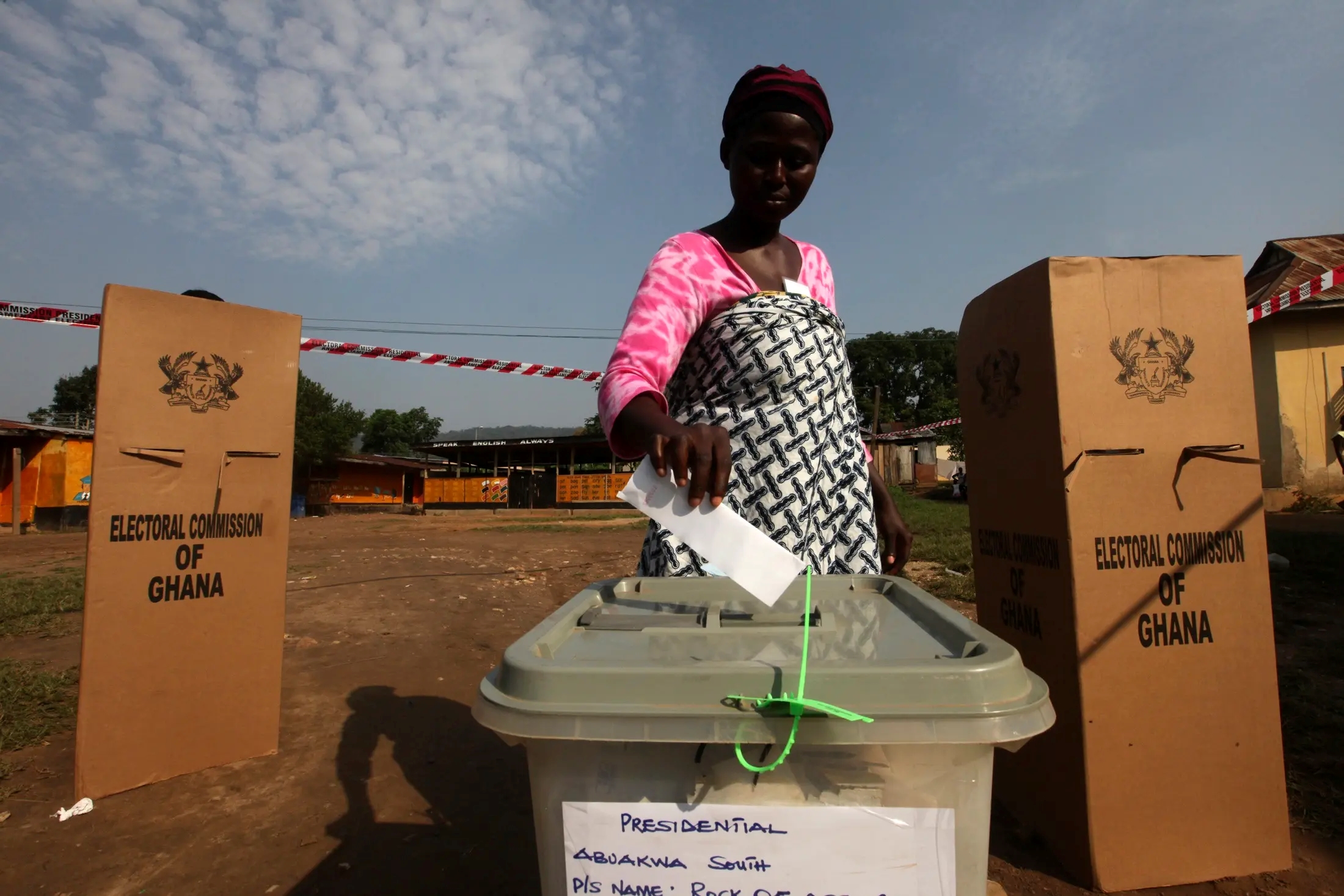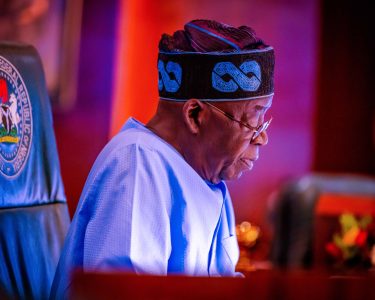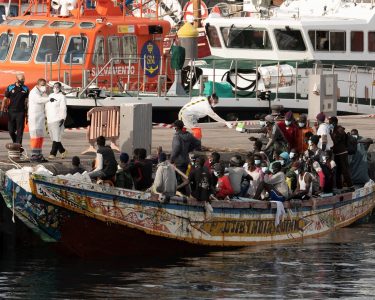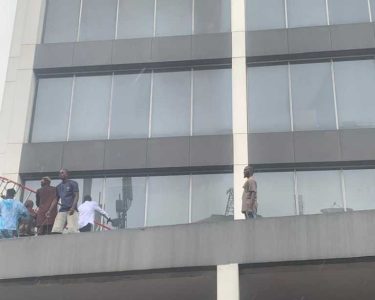Summary
- Africa’s top gold producer to hold general elections.
- Economy, jobs, and infrastructure are top concerns.
- Debt crisis and cost-of-living weigh on voters’ minds.
DABALA, Ghana, Dec 2 (AfrikTimes) – After serving in Ghana’s police force for over three decades, retired officer Emmanuel Amey-Wemegah had a clear retirement plan: invest part of his pension benefits in government bonds, complete the construction of his house, and buy a car.
All was going according to plan until January 6, 2023, when a call from his bank shattered his plans. The bank informed him that Ghana was restructuring the bonds he held.
“I started sweating,” said the 63-year-old Amey-Wemegah, recalling the fear and uncertainty that gripped him and countless other bondholders. The retired chief inspector is one of thousands of Ghanaian private, corporate, and foreign investors affected by the government’s bond restructuring in 2023. The move was part of Ghana’s efforts to secure a three-year, $3 billion International Monetary Fund (IMF) bailout to address its worst economic crisis in a generation.
 A general view of the Makola market, one of the country’s largest trading centers in Accra, Ghana March 26, 2022. REUTERS/Francis Kokoroko.
A general view of the Makola market, one of the country’s largest trading centers in Accra, Ghana March 26, 2022. REUTERS/Francis Kokoroko.
As over 18 million Ghanaians prepare to cast their votes in the presidential election on December 7, Amey-Wemegah’s plight reflects the economic anxiety gripping many in the West African country – the world’s second-largest cocoa producer. Beyond the election, key issues include jobs, education, and infrastructure.
Under the current administration, Ghana’s economy has been battered by the COVID-19 pandemic, the war in Ukraine, rising global interest rates, and years of unsustainable borrowing. As a result, public debt rose from 63% of GDP in 2019 to a staggering 92.7% in 2022. At the same time, the cedi currency depreciated rapidly, while inflation peaked above 54%, severely impacting consumers and forcing businesses to scale back operations.
The government’s mountain of domestic debt meant that there was no alternative to an IMF deal without restructuring local holdings, something experts said was unprecedented in Africa. A domestic debt restructuring launched in December 2022 required holders to exchange old bonds for new ones with lower yields and longer maturities.
 People at the Agbogbloshie market look on, as supporters of Ghana’s main opposition party, the National Democratic Congress (NDC), gather in Accra, Ghana, November 28, 2024.
People at the Agbogbloshie market look on, as supporters of Ghana’s main opposition party, the National Democratic Congress (NDC), gather in Accra, Ghana, November 28, 2024.
“Some of us didn’t realize exactly what the consequences were,” Amey-Wemegah said. He spoke from his home in Dabala, southeastern Ghana, where certificates of commendation for his meritorious service decorate the walls.
“They stole our money. I was sad and devastated,” he said, describing how the restructuring squeezed his income. He cannot afford to fuel or service his car and now prioritizes spending on his medications.
Businesses have also struggled. An Accra-based start-up consultancy firm, which requested anonymity, said its 2 million Ghanaian cedis ($130,718) had been tied up in the restructuring, straining its liquidity and forcing it to cut jobs.
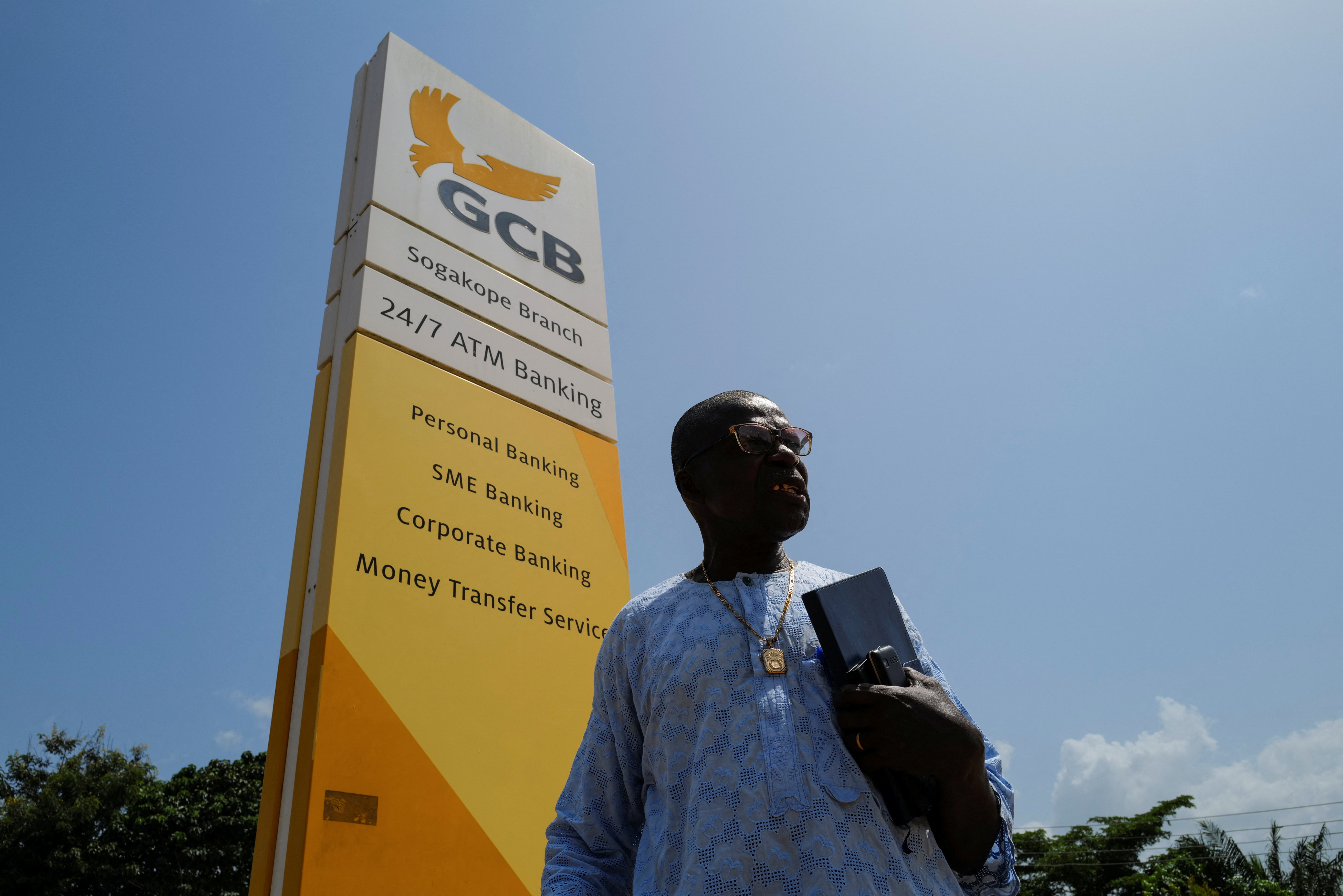 Emmanuel Amey-Wemegah, 63, a retired policeman, who is affected by Ghana’s debt restructuring, visits a local branch of Ghana’s Commercial Bank, in Sogakope, Ghana, November 27, 2024.
Emmanuel Amey-Wemegah, 63, a retired policeman, who is affected by Ghana’s debt restructuring, visits a local branch of Ghana’s Commercial Bank, in Sogakope, Ghana, November 27, 2024.
FRUSTRATION WITH THE RULING PARTY
The election is set to be a contest between Vice-President Mahamudu Bawumia, representing the ruling New Patriotic Party (NPP), and former President John Dramani Mahama of the main opposition National Democratic Congress (NDC).
Mussa Dankwa, of the Accra-based Global InfoAnalytics, said polls show most Ghanaians are struggling with a cost-of-living crisis, making it a key influence on the election.
For voters like Emmanuel Amey-Wemegah and the owner of a consultancy affected by the debt restructuring, their experiences with financial hardship are shaping their political choices.
 Ghanaians are protesting the government’s economic failures.
Ghanaians are protesting the government’s economic failures.
“We’ve gone to the IMF 17 times,” said Amey-Wemegah, referring to Ghana’s history of fund-assisted bailouts since gaining independence in 1957. “None of those past governments introduced haircuts. Why is it that this government decided to introduce it. Why?”
Others, like Julius Kwadzo Ameku, a rice miller in the southeastern Volta Region, expressed broader dissatisfaction with the ruling party’s economic policies.
Ameku said that the ruling party’s initiatives to boost agricultural production had failed, and he had hoped that opposition leader Mahama would bring positive change.
“All we need is proper irrigation systems and access to flexible loans or grants. The gold, oil, and other resources won’t solve our problems,” he said.
 Ghana’s December election is set to be a tight contest between opposition NDC flagbearer and former President John Mahama (left), and ruling NPP candidate and current Vice President Mahamudu Bawumia (right)
Ghana’s December election is set to be a tight contest between opposition NDC flagbearer and former President John Mahama (left), and ruling NPP candidate and current Vice President Mahamudu Bawumia (right)
(Exchange rate: $1 = 15.3000 Ghanaian cedis)


